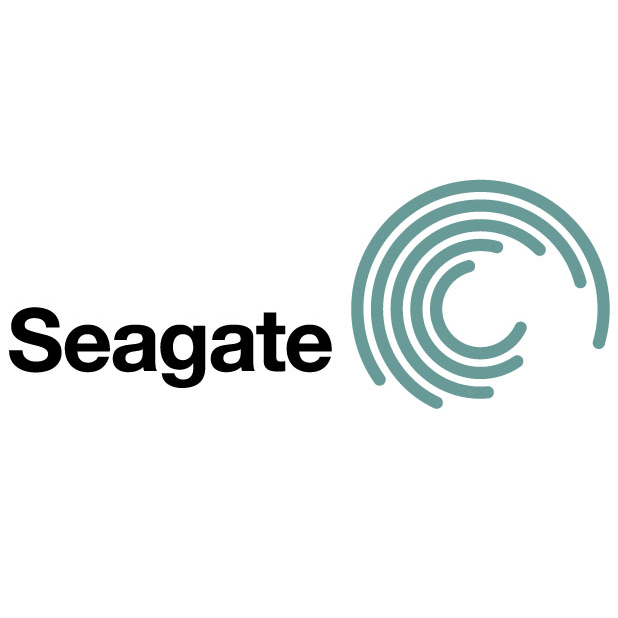Seeking to redefine cloud storage infrastructure, Seagate Technology (STX) developed its Kinetic Open Storage Platform, which simplifies data management, improves performance and scalability, all while lowering total cost of ownership (TCO) of average cloud infrastructures by up to 50%. The company announced the platform Tuesday.
“Over the past decade, the unprecedented explosion of data has been  driven by social media, smartphones, tablets, and the rapid growth of every sort of Internet-connected device,” said Scott Horn, Seagate vice president of marketing. “Cloud service providers (CSPs) are increasingly looking for solutions that will simplify infrastructure, improve scalability and reduce costs— Kinetic HDD addresses these needs revolutionizing the data storage economics for today’s cloud and beyond.”
driven by social media, smartphones, tablets, and the rapid growth of every sort of Internet-connected device,” said Scott Horn, Seagate vice president of marketing. “Cloud service providers (CSPs) are increasingly looking for solutions that will simplify infrastructure, improve scalability and reduce costs— Kinetic HDD addresses these needs revolutionizing the data storage economics for today’s cloud and beyond.”
The platform leverages Seagate’s expertise in hardware and software storage systems to integrate a new key/value API – which will be open sourced – and Ethernet connected with Seagate hard drive technology. Designed for rapid implementation and deployment in any cloud storage software stack, this technology can be deployed across a portfolio of storage devices enabling system builders and software developers to design new solutions that will deliver against a full array of cloud data center use cases.
The Kinetic platform allows servers and storage to be scaled independently. Cloud data centers can add servers and storage at entirely different rates, matching each precisely to their needs, Seagate said.
Seagate claims that by eliminating the storage server middleman, storage application performance can increase up to four times and total cost of ownership can be cut in half by eliminating servers and staff admin time.
“The drives are aimed at large telecoms, cloud storage service providers and government agencies,” according to Rajesh Khurana, Country Manager, South Asia(India/Saarc and Asean), Segate Technology.
Several drive chassis manufacturers, such as SuperMicro, have already built systems to house the serverless drives, and Dell is in the engineering stages of bringing a “Kinetic” chassis — able to hold 60 drives each — to market.



